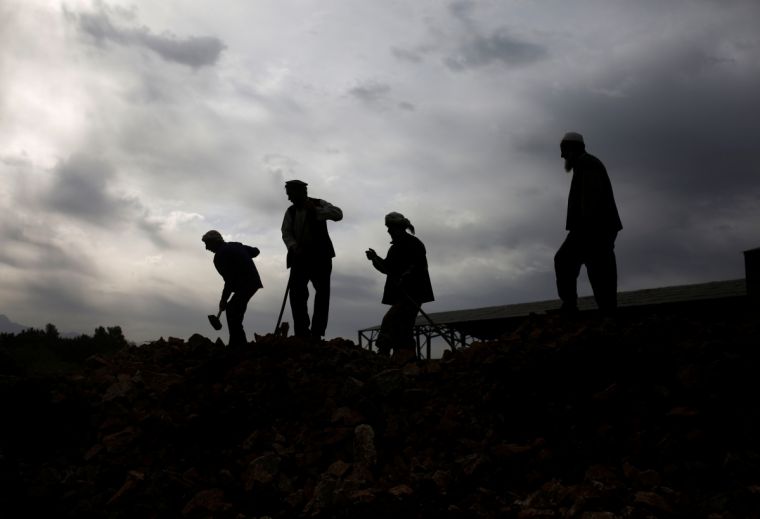Salvation Army reports massive growth in victims of modern slavery

The number of modern slavery victims is growing exponentially in the UK, with a four-fold increase in four years of people needing help, according to a new report.
The Salvation Army, which is the official support agency for victims of modern slavery, reports today that in the last four years, it has helped nearly 4,500 victims of modern slavery.
The report records that 1,331 people entered the care of the Salvation Army between April 2015 and March 2016. This contrasts sharply with the first year that the Salvation Army offered this service in 2011, when it helped 378 people.
Victims are often found working in car washes, nail bars and working on farms. They are forced to pave driveways, work as nannies and often face sexual exploitation.
Of those helped, nearly two-thirds were women. Six were transgender.
More than four in ten of those helped were victims of sexual exploitation. A slightly smaller number of people were exploited for labour. More than one in ten were forced into domestic servitude.
The largest number of victims were from Albania. Many people were also trafficked for exploitation from Poland, Nigeria and Vietnam. Many British people were trafficked within the UK.
Anne Read, director of anti-trafficking and modern slavery for The Salvation Army said: "The Salvation Army's commitment to fight the scourge of slavery and human trafficking is as strong today as it was more than 150 years ago when our work started in the East End of London. The fight against slavery continues today in each of the 127 countries in which we work as the need and resources allow.
"In the past year in the UK, demand for support for victims of modern slavery has continued to increase. Through the modern slavery victimc care and coordination contract, we and our partner organisations have adapted our service to support the ever-growing number of people being referred to The Salvation Army from England and Wales.
"To combat modern slavery will require a continuing concerted effort from across society. We need people to keep their eyes and ears open to suspicious activity they encounter in everyday life such as the nailbar or the car wash with unbelievably cheap prices. Everyone from official agencies, frontline workers, Government, NGOs and, importantly, the general public has a part to play in defeating the perpetrators of these crimes and securing the safety and the best outcome for people currently trapped in slave-like conditions – unable to escape and forced to do things against their will."











